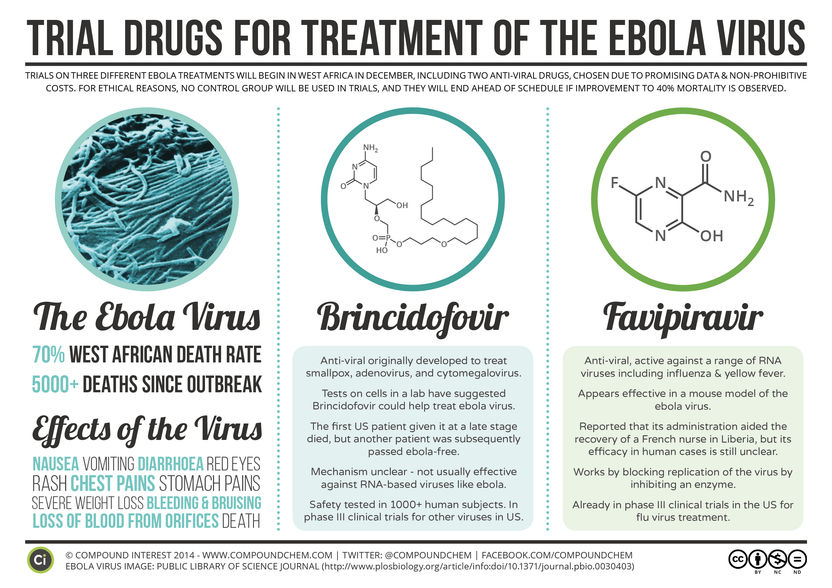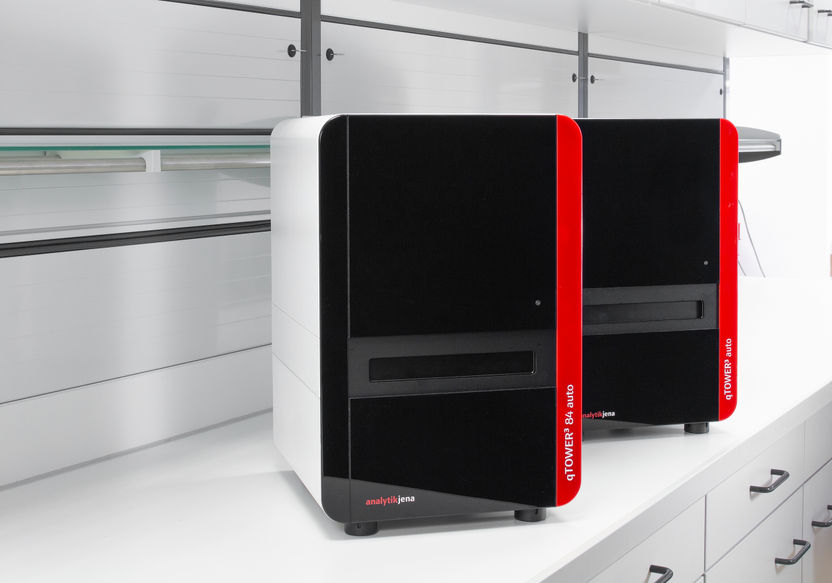Monoclonal Antibody Therapeutics to Fill Vacuum Left by Ineffective Conventional Therapies
Currently, the limited efficacy of conventional therapies, especially in the case of several oncology and autoimmune and inflammatory disorders (AIID), is creating the need for safe and effective treatment alternatives. While this situation has promoted demand for monoclonal antibodies (mAbs), market success will depend on clearly establishing their clinical and cost benefits.
Unlike several conventional (small molecule) therapies that offer only short-term symptomatic relief and can potentially cause serious side effects, biopharmaceuticals, such as mAbs, provide effective treatments with greater efficacy and tolerability.
Amongst the most important attributes of mAbs is their high specificity. The ability to target specific antigens (within cells, tissues and organs) involved in the pathology of disease, while minimising side effects has underlined the popularity of mAbs in clinical applications.
Earlier, the attribute of high specificity had restricted the target population that could be treated with mAbs. Now, numerous mAbs therapeutic products in clinical development are being investigated for the treatment of more than one disease or for different forms of the same disease.
For instance, Remicade, which initially gained marketing authorisation for the treatment of severe and active Crohn's disease, was later approved for reducing the signs and symptoms associated with rheumatoid arthritis. Thus, while most products are expected to be approved initially for specific forms of a disease, label expansion is likely to follow, thereby expanding the patient population that can be treated and boosting revenue potential.
The improved side effect profile of mAbs offers the patient a well-tolerated therapy, while also lowering overall disease-management costs. mAbs have also provided significant benefits in terms of extending the survival rate of terminally ill patients. In contrast, small molecule drugs have been liable to producing undesired side effects that extract heavy costs in terms of both patient health and financial outlays.
However, even as pharmaceutical and biotechnology companies move towards 'biotech drugs' model from the 'small molecule blockbuster' model, lower priced small molecule drugs remain the first line treatment choice in comparison to highly priced mAbs alternatives.
Due to the sizeable development costs involved, most companies have adopted premium pricing for mAb products. High costs assume increased relevance when mAbs are used in combination with conventional drugs, or in cases where continuous treatment is required resulting in only very specific patient populations receiving mAbs, and uptake being slow.
"While costs are expected to go down as competition increases and development procedures are refined, the benefits of the drugs need to be clearly demonstrated in terms of overall cost savings and effectiveness," remarks Frost & Sullivan Industry Manager Dr. Raju Adhikari.
"Biopharmaceutical and pharmaceutical companies should assess themselves and provide detailed and clear pharmacoeconomic analysis of these products so that mAbs may become less restricted, reimbursement may be granted to additional patient groups, the rate of uptake enhanced and the potential revenue generated increased," he adds.
Estimated at USD 1.47 billion in 2004, Frost & Sullivan expects the total European monoclonal antibody therapeutics market to grow at a compound annual growth rate (CAGR) of 34.1 per cent to amass USD 11.4 billion in 2011. There are currently ten products commercially available in Europe including Remicade, Zevalin, Campath, Herceptin, Rituxan, Simulect, Zenapax Synagis, ReoPro and the fully human mAb Humira. While chimeric mAbs currently control the market, humanised and human mAbs are expected to dominate in future.
Over the next four to five years, oncology and AIID are projected to be the primary areas of commercial focus. Oncology is likely to remain the leading revenue generator with sales of approximately USD 6.5 billion forecast in 2011. AIID indications are set to follow with estimated sales of USD 4.5 billion in 2011. Other indication areas such as cardiovascular disorder, organ transplantation and infectious diseases are likely to show less encouraging growth.
As competition intensifies, strategic alliances between mAb developers and big pharmaceuticals companies are accelerating market growth. To capitalise on rising demand, the pharmaceutical and biotechnology industry will need to continue to evolve towards technology integration and market expansions, even as they work towards offering competitive pricing, developing holistic solutions - from diagnosis to treatment to after care and providing technical and efficient customer care.
"Success will depend on a medley of key factors including innovative molecular engineering, shorter development times, higher success rates, robust and efficient intellectual property (IP) protection and development of cost-effective manufacturing," concludes Dr. Adhikari.
Other news from the department business & finance
Most read news
More news from our other portals
See the theme worlds for related content
Topic world Antibodies
Antibodies are specialized molecules of our immune system that can specifically recognize and neutralize pathogens or foreign substances. Antibody research in biotech and pharma has recognized this natural defense potential and is working intensively to make it therapeutically useful. From monoclonal antibodies used against cancer or autoimmune diseases to antibody-drug conjugates that specifically transport drugs to disease cells - the possibilities are enormous

Topic world Antibodies
Antibodies are specialized molecules of our immune system that can specifically recognize and neutralize pathogens or foreign substances. Antibody research in biotech and pharma has recognized this natural defense potential and is working intensively to make it therapeutically useful. From monoclonal antibodies used against cancer or autoimmune diseases to antibody-drug conjugates that specifically transport drugs to disease cells - the possibilities are enormous

























































